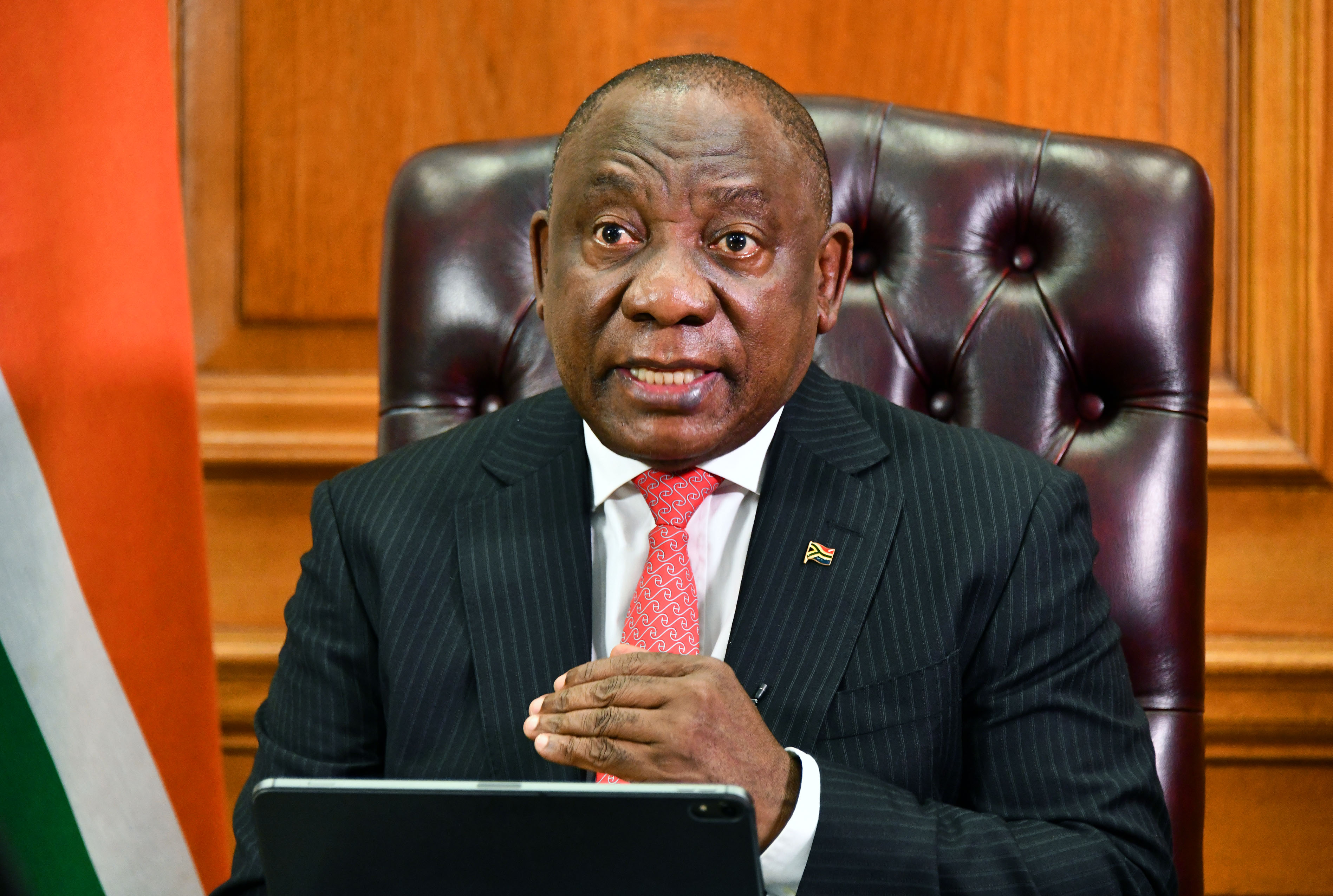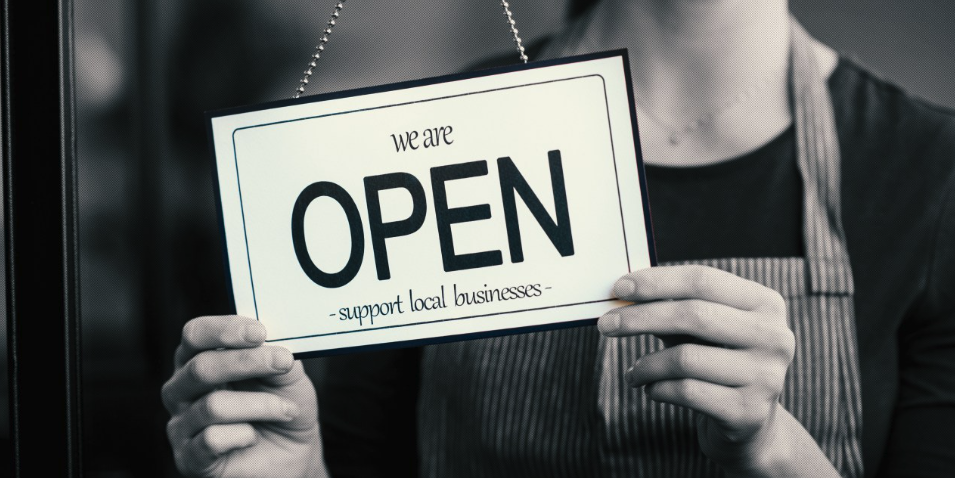News
Autocrats Rule, OK? It’s Time to Badmouth the ANC’s Pivot Away from Democracy
We are getting to a point where democracy needs to be defended against the government’s autocratic drift. Calling for a suspension of public criticism of the government and building a global club where autocrats call the shots is nothing less than an assault on democracy.

Former Research Director, The Brenthurst Foundation

Former Director, The Brenthurst Foundation

Don’t say you weren’t warned. The ANC, facing growing pressure over its many failures, wants South Africa to pivot away from democracy and accountability and towards a closed society which is politically controlled.
It is no feat of investigative journalism to uncover this. It is happening before our eyes as the government very publicly moves to align the country with undemocratic authoritarianism such as in Russia, China and Iran.
This week, President Cyril Ramaphosa expressed his admiration of China’s lack of freedom of expression: “In China, nearly everyone is a messenger — every Chinese is a messenger for their country, they never badmouth their own country. Never badmouth your country.”
In the same week, Minister in the Presidency Maropene Ramokgopa refused to release the government’s assessment of the performance of Cabinet ministers.
Ramaphosa’s spokesman Vincent Magwenya defended the decision, saying: “The purpose is not to embarrass anybody or hang out anybody to dry in public, the purpose is to be constructive.”
This amounts to saying that the hurt feelings of Cabinet ministers are more important than the public’s right to know how their money is being spent on governance.
China fantasy
Of course, Ramaphosa’s extraordinary generalisation that the Chinese “never badmouth their own country” is totally untrue. Many Chinese are critical of their government. It’s just that they are quickly silenced, sent to re-education camps or worse, disappear.
Ask the Uighurs. Or the relatives of the 50 million who Mao’s version of totalitarianism killed from starvation, forced labour, mass executions and his grotesque experiments in social engineering, the Great Leap Forward and the Cultural Revolution.
But this is not just old history.
Despite this pall of fear, and perhaps because of it, protests continue today as people object to President Xi Jinping’s reversion to the Maoist politics of social control.
In September 2022, there were large protests against Xi’s Covid regulations with protesters chanting “Step down, Xi Jinping! Step down, Communist Party!”
These protesters were among many hundreds of thousands who have risked their lives and their liberty to speak out against authoritarian rule in recent years. Protests have been going on for decades. In 2011, the residents of Wukan threw out their unelected leaders and voted in their own leaders. The response from the state was predictably harsh.
Protest in China is not confined to villagers. In 2021, Jack Ma was China’s leading businessman and leader of a company with a market capitalisation of $61-billion. Then he made a speech comparing China’s state-owned banks to pawn shops and said regulators were stifling innovation.
Ma “disappeared” from public life for three months while Chinese regulators mounted an assault on his company which lost half of its market capitalisation.
Ramaphosa appears to have swallowed, hook, line and sinker, the Chinese narrative that its country is one great big happy autocracy where all revere the leader.
In contrast, he is deeply disappointed with South Africans.
Populist feint
“Here, some people have made it a sport to badmouth the country, to say all sorts of negative things, and we say we need to be patriotic and acknowledge that we have challenges and problems. But at the same time [we] say that our love for this country is much more important than the negativity, so therefore we must be positive about SA. That is the only way this country can move forward.”
The key phrase here is that “our love for this country is much more important than the negativity”, a classic populist feint which casts critics as people who don’t love their country. Quite the opposite is true and was demonstrated very well by Ramaphosa himself and the ANC in the dark days of apartheid.
Patriotism, like identity politics, is a refuge for scoundrels and those seeking to cover up the costs of their own inadequacies.
It appears to have passed Ramaphosa by that it is quite possible and perhaps even likely that those who criticise the government do so precisely because they love their country dearly. The “government” and the “country” are not the same thing unless you are thinking like Mao.
South Africa’s pivot away from democracy is not limited to its admiration for the chimera of a closed society where all heap praise on the President, poor fellow. It includes the embrace of a list of countries that actively hate democracy and engage in tyranny against their people, where patriotism, fealty to the party, ideology and theology are common bedfellows.

The international relations minister’s fawning visit to Iran after the 7 October attacks in Israel is one such unfortunate choice of friends. Whatever you might think of the conflict in Gaza, embracing a country which sponsors global terror is beyond the pale.
The decision to look past large African democracies such as Nigeria and Kenya in the expansion of BRICS, and to include Ethiopia, where democracy is suspended while a vicious civil war unfolds, and Iran, Saudi Arabia and the UAE, is another lamentable illustration of this malaise.
This is no mistake. Russia and China call the shots in BRICS and they prefer their politics from the top down. The prospect of hanging around with more tjatjarag African democracies that vote against them at the UN is too ghastly to contemplate.
No less an autocrat than Russia’s Vladimir Putin was moved to praise Ramaphosa’s management of the BRICS’ pivot away from democracy.
Out of touch
There is an election coming up and Ramaphosa would do well to think more clearly about how out of touch he and his party are with most South Africans.
He played no small part in bringing free expression to South Africa and he should know that this is deeply cherished. Our research clearly shows that most South Africans condemn Russia’s invasion of Ukraine and they believe alignment with “the West and other democratic countries” is better for the country than alignment with BRICS.
With no apparent irony, Ramaphosa said: “We have got gains of our democracy that we must defend; there are those who want to get into power and if they were to — which they will not — they will reverse the gains.” While he equates freedom with continued rule by the ANC, his utterances in praise of autocrats would suggest quite the opposite.
We are getting to a point where democracy needs to be defended against the government’s autocratic drift. Calling for a suspension of public criticism of the government and building a global club where autocrats call the shots is nothing less than an assault on democracy.
This slide should be another nail in the ANC’s election coffin. If not, don’t say you were not warned.
This article originally appeared on the Daily Maverick

